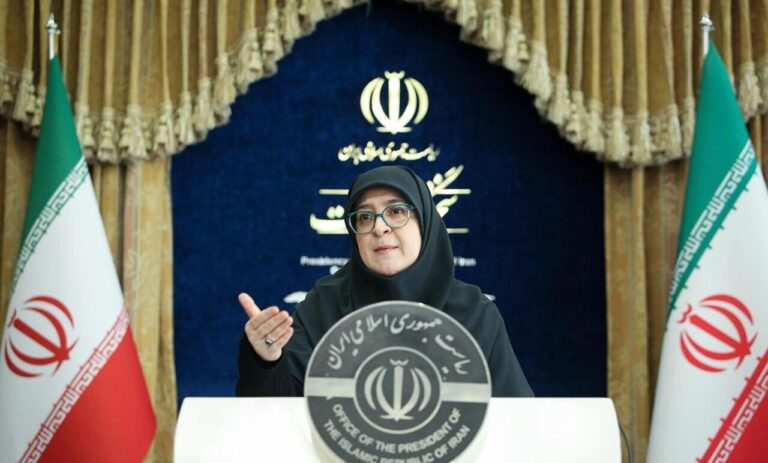Thomas Friedman: Netanyahu’s Messianic Government Aims to Annex West Bank and Displace Gazans
The recent commentary by renowned New York Times columnist Thomas Friedman has sparked significant discussions regarding Israel’s political landscape and its implications for U.S. relations. In his article published on May 9, Friedman articulates his concerns about Benjamin Netanyahu’s government, describing it as “ultranationalist” and “messianic,” and asserts that this administration is not acting in alignment with American interests. The following highlights key points from Friedman’s article, titled “This Israeli government is not our ally.”
In his open letter addressed to President Trump, Friedman expresses skepticism about the current Israeli government’s priorities:
“Dear President Trump,
There are very few initiatives that you’ve undertaken since coming to office that I agree with — except in the Middle East. The fact that you are traveling there next week and meeting the leaders of Saudi Arabia, the United Arab Emirates, and Qatar — and that you have no plans to see Prime Minister Benjamin Netanyahu in Israel — suggests to me that you are starting to understand a vital truth: that this Israeli government is behaving in ways that threaten hard-core U.S. interests in the region. Netanyahu is not our friend.”
Friedman emphasizes that Netanyahu’s administration has deviated from traditional alliances:
- Strategic Interests: Friedman asserts that Netanyahu’s government is more focused on the annexation of the West Bank and the expulsion of Palestinians from Gaza than on fostering peace with neighboring Arab nations.
- U.S.-Israel Relations: He notes that the current Israeli government is behaving in a manner that undermines U.S. interests, requiring a reevaluation of its status as an ally.
- Historical Context: The structure of the U.S.-Arab-Israel alliance, established by Richard Nixon and Henry Kissinger, has been pivotal in maintaining American influence in the region.
Friedman points out that this alliance has historically relied on a commitment to a two-state solution, which he believes the current government is neglecting:
“This Netanyahu government, however, made annexation of the West Bank its priority when it came to power in late 2022, well before Hamas’s invasion on Oct. 7, 2023, rather than the U.S. security-peace architecture for the region.”
He discusses the Biden administration’s attempts to engage Netanyahu in dialogue:
- Negotiation Efforts: For nearly a year, the Biden administration urged Netanyahu to initiate conversations with the Palestinian Authority regarding a two-state solution, linking this to Saudi Arabia’s normalization of relations with Israel.
- Domestic Pressures: Netanyahu’s refusal to engage in this dialogue stems from pressure within his government, which prioritizes Jewish supremacy and poses a risk to his political stability amid corruption trials.
Friedman expresses disappointment over the missed opportunity for normalization between Israel and Saudi Arabia:
“Normalization of relations between Israel and Saudi Arabia, the most important Muslim power — built on an effort to forge a two-state solution with moderate Palestinians — would have opened the whole Muslim world to Israeli tourists, investors and innovators, eased tensions between Jews and Muslims the world over.”
He praises President Trump’s approach to not allowing Netanyahu to dictate U.S. foreign policy:
“The fact that you are not letting Netanyahu run over you the way he has other U.S. presidents is a credit to you.”
However, Friedman warns of the potential consequences of Netanyahu’s decisions:
- Re-invasion of Gaza: He highlights plans for a re-invasion of Gaza, which may lead to further humanitarian crises and an escalation of conflict.
- International Law Violations: The potential for increased war crimes charges against Israel is a concern, particularly regarding their military strategies in the region.
- Long-term Stability: Friedman concludes that Netanyahu’s approach risks creating a situation akin to a “permanent insurgency,” drawing parallels to historical conflicts.
Friedman’s article serves as a critical analysis of the current Israeli government’s direction and its ramifications for U.S. foreign policy. His insights challenge readers to reconsider the nature of alliances in a rapidly changing geopolitical landscape.






